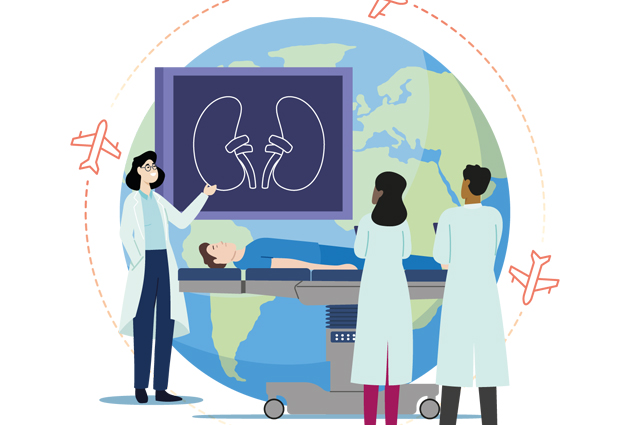Non-communicable disease in rural Tanzania: the urgent need for more diagnostic tests
 As part of the East African Diploma of Tropical Medicine and Hygiene (EADTMH), we are currently part of a group investigating the burden of non-communicable diseases (NCDs) in the Muheza District of northeastern Tanzania, and looking into the health system’s preparedness for their management.
As part of the East African Diploma of Tropical Medicine and Hygiene (EADTMH), we are currently part of a group investigating the burden of non-communicable diseases (NCDs) in the Muheza District of northeastern Tanzania, and looking into the health system’s preparedness for their management.
This is the first year of the course, in which a field trip has been dedicated to an investigation of NCDs, reflecting the growing recognition that this group of diseases is causing significant morbidity and mortality in the developing world.
As part of the work, the group has audited the presentations to all outpatient healthcare facilities within the district. In the first six months of the year, no cases of kidney disease were recorded out of the 77,295 attendances to outpatient facilities in Muheza. This is predominantly due to a lack of awareness and diagnostic techniques.
There is no capability to measure creatinine anywhere within the district (district hospital, health centres or dispensaries) and this lack of available diagnostics mirrors much of my experience of rural facilities in Malawi. There are similar limitations in the diagnosis of other NCDs including diabetes, chronic respiratory disease, and cancer.
There is an urgent need to improve the availability of diagnostic tests for kidney disease across the developing world as a key initial step in our efforts to improve management of kidney disease and eliminate preventable deaths worldwide.
Photo above: Delegates from the EADTMH in front of Muheza District Hospital.









